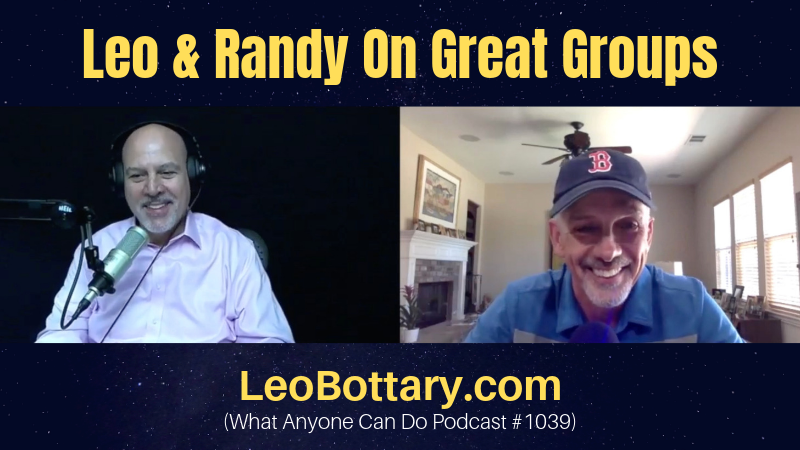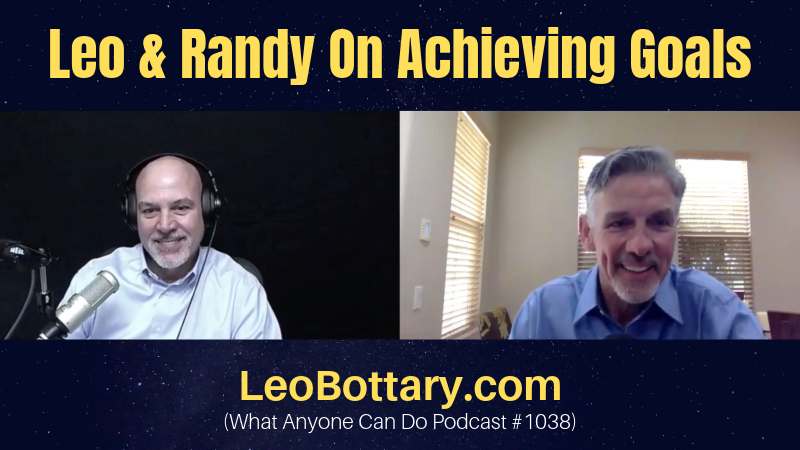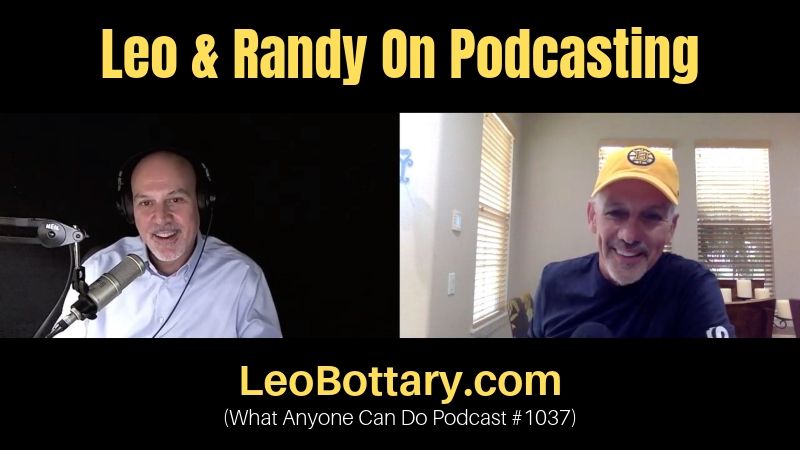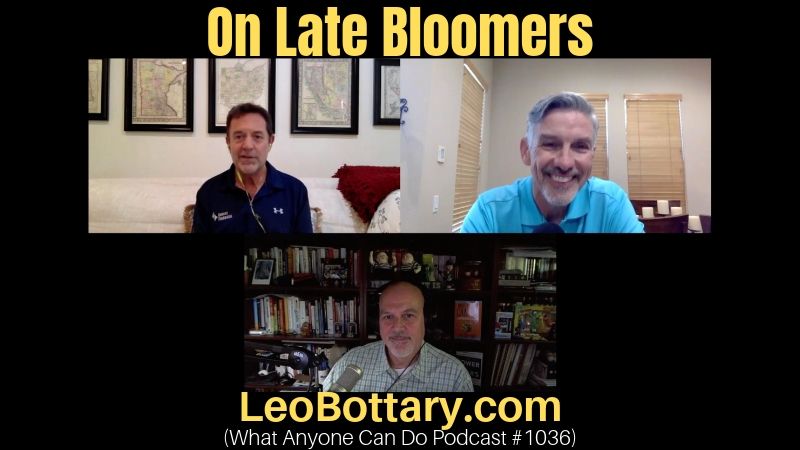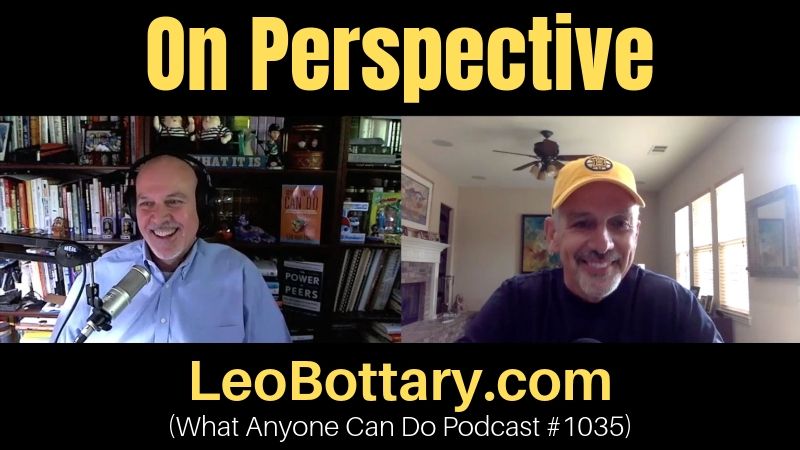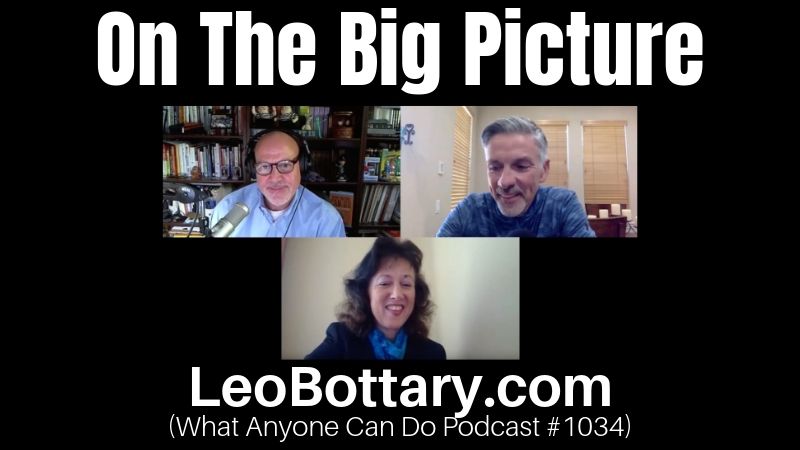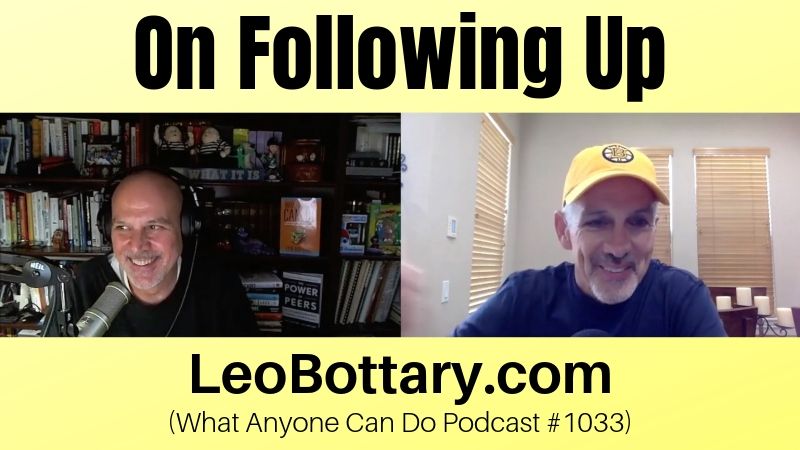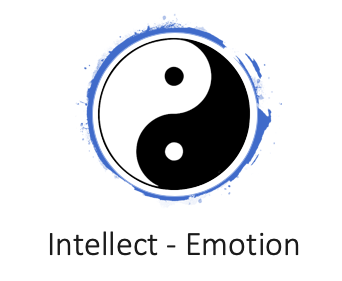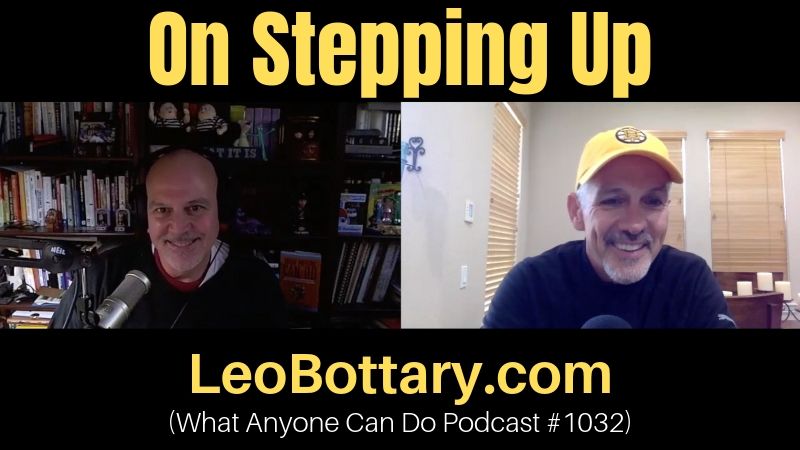In recent weeks, I’ve updated the original presentation of the five factors common to high performing groups (The Power of Peers, 2016) from a list to a reinforcing loop. Also, after leading workshops for more than 100 mastermind groups over the past few years, it’s become clear that if an individual member wants to drive higher group performance, then that member needs to Show Up, Step Up, and Follow-Up. I invite you review these two articles.
There’s a third dimension at play here as well, and that’s the yin and yang relationship of factors 2 and 3 – an environment that’s safe/confidential and one that fosters valuable interaction. One provides emotional safety, while the other supports intellectual dialogue that offers valuable outcomes critical to delivering member value. You simply can’t have one without the other. And without one you have neither. These forces are not opposite so much as interdependent. Hence the reference to the Daoist concept of Yin & Yang.
The safer people feel in their group meeting and the more they are willing to leverage that safe environment, the more likely the larger, deeper, and more important topics (challenges and opportunities, personal and professional) will come to the forefront. You can’t have valuable interaction if you don’t have anything valuable to interact about. Deep conversations, on the other hand, inspire trust and increase emotional safety.
If generally speaking, you believe your group meeting to be a safe and confidential setting, then challenge yourself to leverage that environment more fully. It’s not unlike being at a spa that has a magnificent pool, full of restorative power. The thing is, only total immersion will provide the maximum benefit. Looking at the pool from your lounge chair or sticking your toes in the water isn’t going to cut it. It won’t work in your group either. By being one who willingly shares and empathetically listens, you’ll encourage others to do the same through the sheer power of your example. You’ll see the trust grow and the dialogue improve. Just watch.
The rich dialogue that can take place in a mastermind group is what pushes us to be better, both emotionally and intellectually. Participating in these conversations by bringing your whole self, is an act of both generosity and courage. It’s the Dao (or the way) of high performing mastermind groups.
Enjoy!

